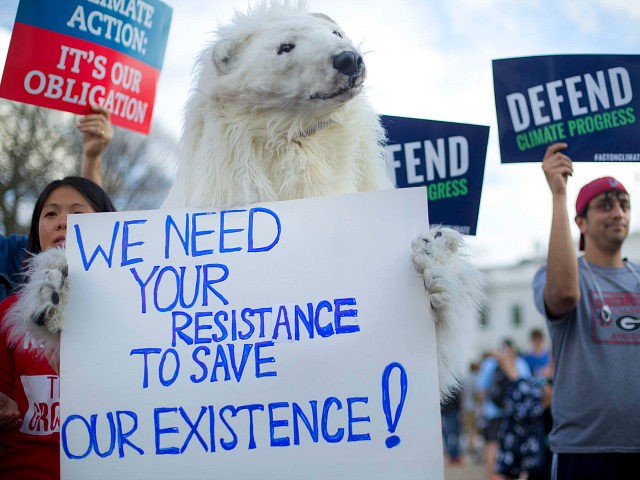The Guardian newspaper famously predicted back in 1999 that by the year 2020, “Spain will be ridden with malaria, the eastern Mediterranean will be as hot as the Sahara desert, flash floods will swamp parts of the American coastline and there will be almost no snow in the Alps.”
While there is no way to definitively debunk current predictions of a coming climate apocalypse, fortunately we do possess failed past predictions to help put things in perspective.
In a Guardian article titled “Tourist spots could be too hot to handle,” Jamie Wilson — since promoted to “head of International news” at the paper — reflected on a doomsday scenario painted in a report on the effects of global warming.
Profitable tourist destinations could be turned into “holiday horror stories,” found the study, which was commissioned by the World Wild Fund for Nature.
“By 2020, visitors to the Costa del Sol could risk contracting malaria as global warming brings more frequent heatwaves, making the country a suitable habitat for malaria-bearing mosquitoes, while increases in summer temperatures to more than 40C (104F) could make parts of Turkey and Greece no-go areas in July and August,” Mr. Wilson solemnly pronounced.
The report suggested that tour operators and countries which rely on tourism for revenue will need to “take account of the changing climate when planning new resorts or upgrading facilities.”
“The tourism industry could be faced with huge costs as global warming begins to influence decisions about when and where people are going to go on holiday. We must see real action from government to tackle the problem of global climate change now,” warned Ute Collier, the WWF’s head of climate change.
Tourism will not just suffer the negative effects of global warming, the article insisted, it also “contributes to the causes of climate change itself.”
“Air travel is the fastest growing source of greenhouse gas emissions, and therefore increases the risk of continued global warming,” it stated.
The essay went on to describe the disastrous effects of climate change on hotspots ranging from Australia to the Alps to Austria to the Florida everglades.
“Safari holidays in east and southern Africa may also be affected as droughts and changes in temperature alter the distribution of wildlife,” it declared, while “some islands in the Maldives could disappear as they are submerged by rising sea levels.”
And all of this by… 2020.
Kudos to the Guardian for not expunging their archives of its cringeworthy climate predictions. All of this would be nothing more than an anecdotal source of humor, examples of the silliness of a past generation, if newspapers did not make the mistake of continuing to double-down on their commitment to the climate crisis.
At least they have learned one thing from their mistakes: they now project their forecasts sufficiently into the future that their purveyors will assuredly have died before their bluff can been unmasked.
For the unfortunate Mr. Wilson, this is not the case.


COMMENTS
Please let us know if you're having issues with commenting.